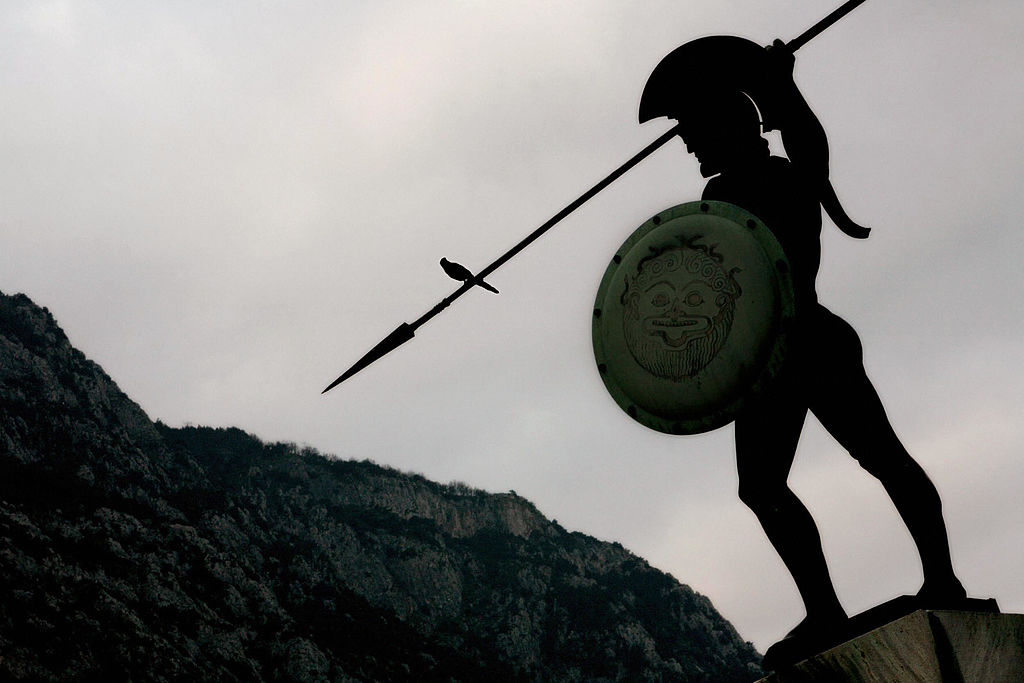The Trump administration is obsessed with a 2,500-year-old Greek war


A free daily email with the biggest news stories of the day – and the best features from TheWeek.com
You are now subscribed
Your newsletter sign-up was successful
Why should Americans be concerned about a nearly 2,500-year-old Greek war? One answer: because the ancient writings of the historian Thucydides — about the Peloponnesian War between Athens and Sparta — are being used to inform relations between America and China by some of President Trump's top advisers, Politico Magazine writes.
These advisers, ranging from chief strategist Stephen Bannon (who once used "Sparta" as a computer password) to National Security Adviser H.R. McMaster and Defense Secretary James Mattis, are all students of Thucydides' teachings. They are especially concerned about the so-called "Thucydides Trap," a situation defined by historian Graham Allison as an inevitable war stemming from "the growth of Athenian power and the fear which this caused in Sparta."
As that translates today:
The Week
Escape your echo chamber. Get the facts behind the news, plus analysis from multiple perspectives.

Sign up for The Week's Free Newsletters
From our morning news briefing to a weekly Good News Newsletter, get the best of The Week delivered directly to your inbox.
From our morning news briefing to a weekly Good News Newsletter, get the best of The Week delivered directly to your inbox.
A U.S. military conflict with China would be a global disaster. But while Allison believes it is entirely possible, he does not call it inevitable. His book identifies 16 historical case studies in which an established power like Sparta (or the United States) was confronted with a fast-rising rival like Athens (or China). Twelve of those cases led to war. Four were resolved peacefully. Allison hopes that readers — including officials in the Trump administration—can draw from the latter examples. "I am writing this history to help people not make mistakes," he says. [Politico Magazine]
So what to do? "Americans should be prepared for a transition to a world in which China is not merely welcomed into the club of major powers, but is accepted as an architect of whatever world order is going to emerge," The Week's Noah Millman explains. But "that level of accommodation is almost as impossible to imagine as is a major war between America and China. Which is precisely the reason to worry that we might be falling into the trap." Read more here.
A free daily email with the biggest news stories of the day – and the best features from TheWeek.com
Jeva Lange was the executive editor at TheWeek.com. She formerly served as The Week's deputy editor and culture critic. She is also a contributor to Screen Slate, and her writing has appeared in The New York Daily News, The Awl, Vice, and Gothamist, among other publications. Jeva lives in New York City. Follow her on Twitter.
